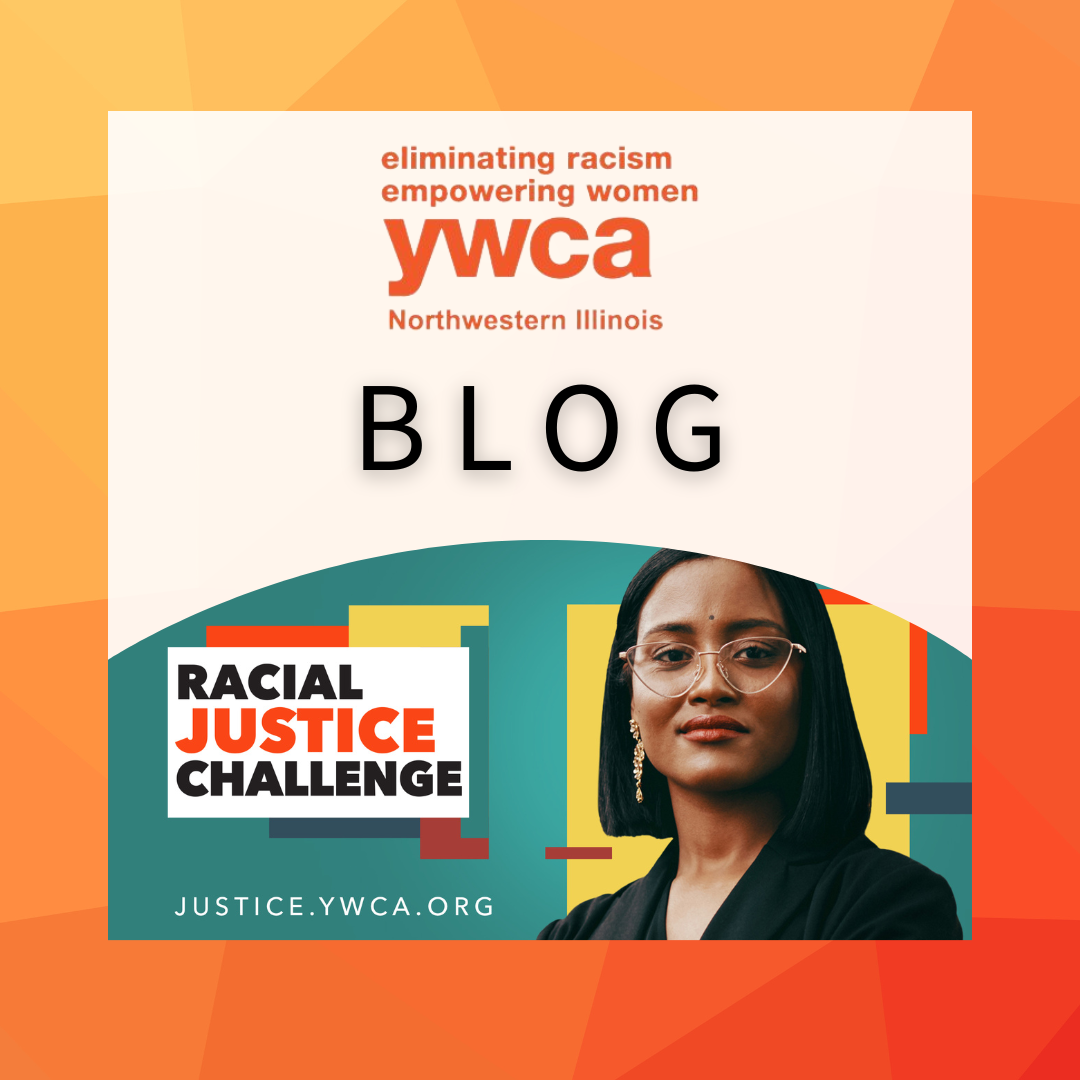Mental Health history dates back to thousands of years ago, 1893 to be exact. Isaac Ray, a founder of the American Psychiatric Association, provided a definition of the term mental hygiene as, “the art of preserving the mind against all incidents and influences calculated to deteriorate its qualities, impair its energies, or derange its movements.”
As we fast forward to July 1946, the National Mental Health Act became a law. How does this act help? The National Mental Health Act made the mental health of the people a federal priority. It was inspired by the poor mental health of some draftees and veterans, and was demanded by veterans and their families. When veterans who were under stress during the war were later studied, they displayed a high incidence of earlier mental health illness. As we have come a long way since 1946, mental health awareness still continues to carry a stigma in which educating the needs of mental health services in our community is essential.
What is Mental Illness?
It’s a health problem that affects one’s thinking, actions, emotions, and mood. Many people start recognizing the impacts in their day-to-day life such as problems at work, home, social life, changes in emotions, sleeping/eating habits, changes in thinking patterns and even physical issues such as headaches etc. There are multiple factors that lead to mental illness beginning with family history/genes, imbalance level of brain chemicals, physical trauma (Traumatic Brain Injury), substance abuse, physical and/or mental, emotional abuse which is just naming a few. How are mental illnesses treated? The most common approach today is talk therapy, medications and support groups.
Bumps in the Road
Mental Health discussions have had their struggles in the context of community. Struggles often lead to the lack of transparency about lived experiences, the feeling of vulnerability, lack of knowledge of MI concerns and cultural differences/beliefs. With these struggles throughout our community encouragement of seeking professional help or non-professional support such as social media groups would be beneficial. Those who are suffering from or experiencing a mental health concern may feel intimated to reach out and speak to a mental health professional or may not know how to find professionals who specialize in your specific concerns. Social service agencies are a great start!
Here at the YWCA, we have a Case Manager who specializes in Mental Health Crisis and can support you in connecting to needed resources in the community! Healing is a journey and we’re here to help.
-Kristian Wanland, Director of Family Services




